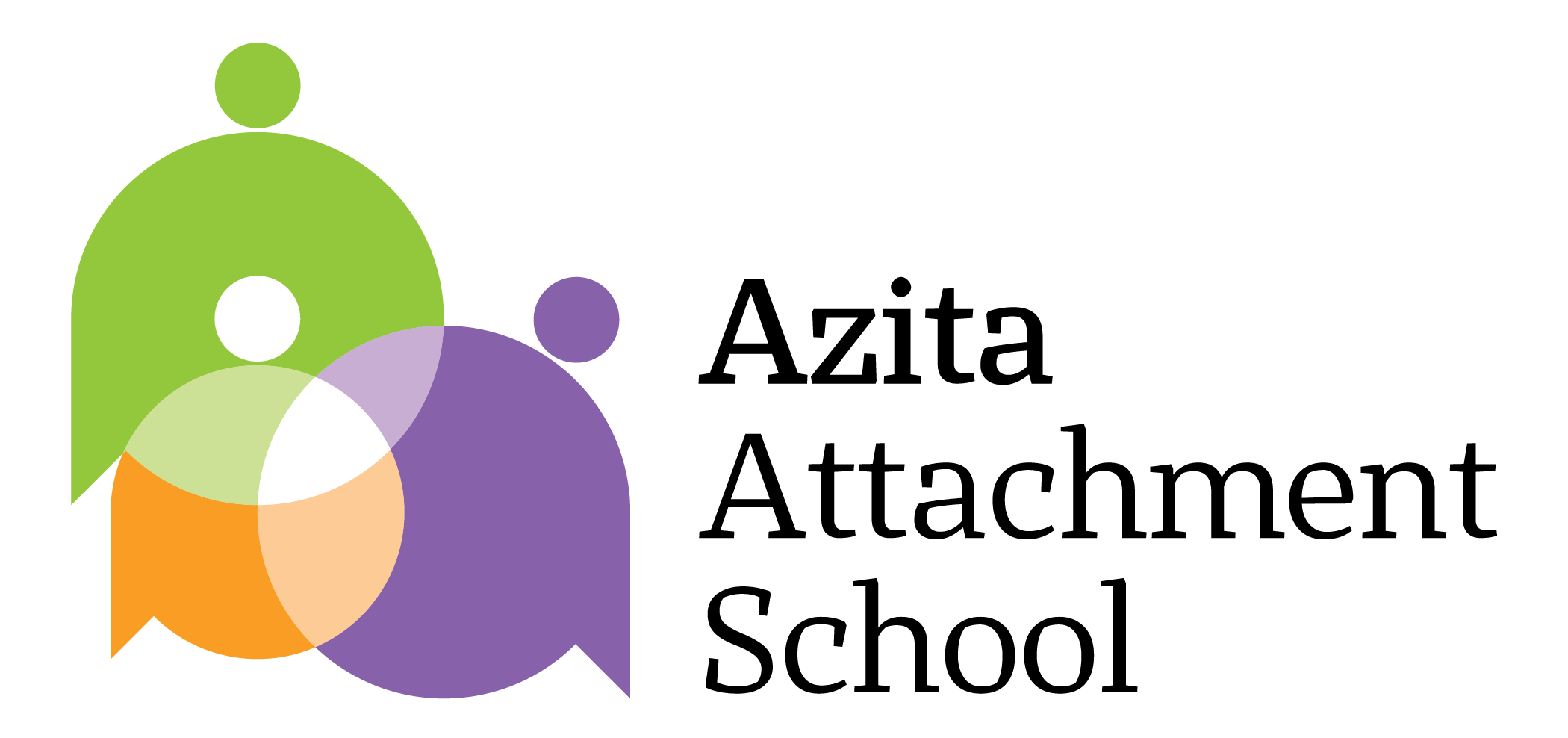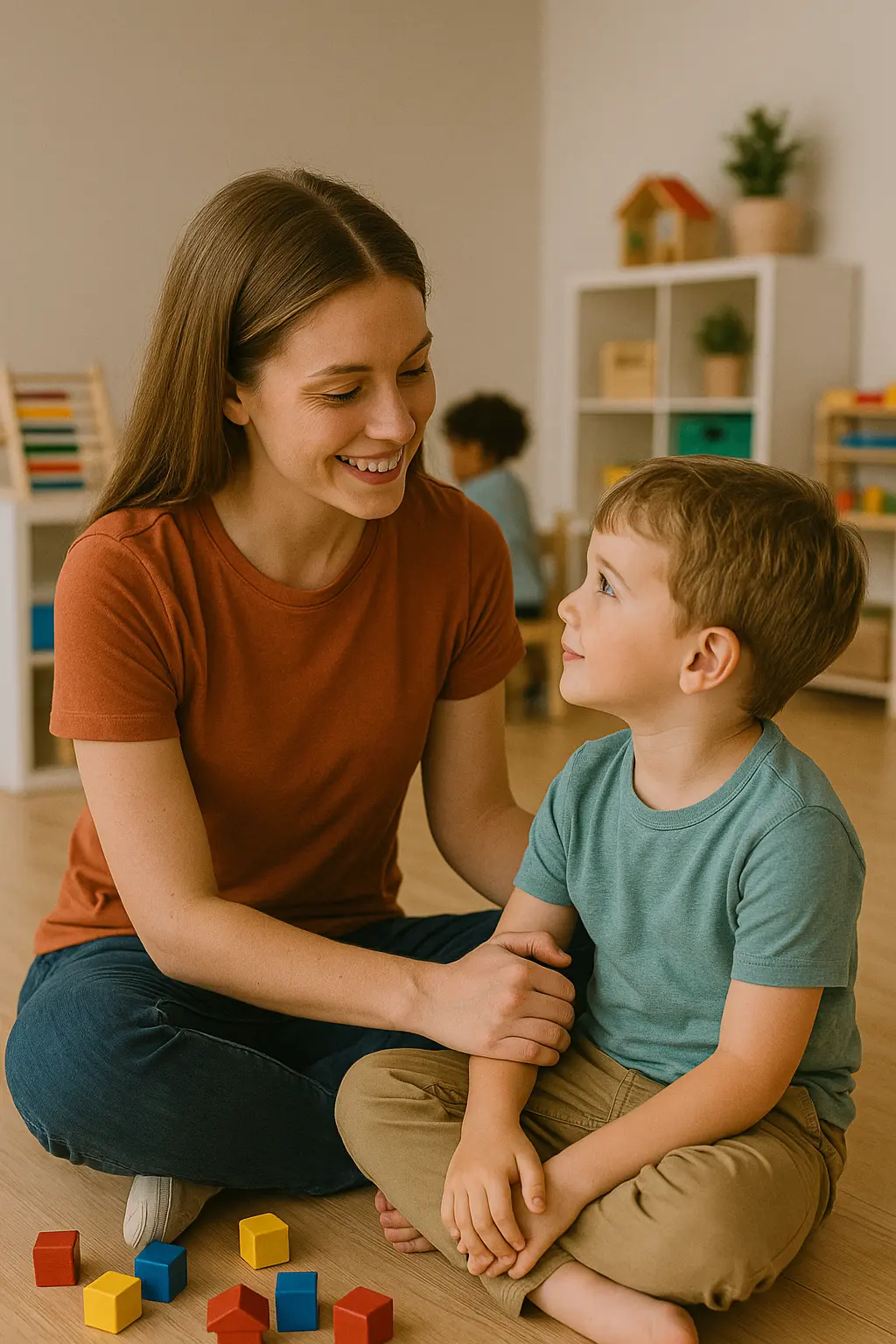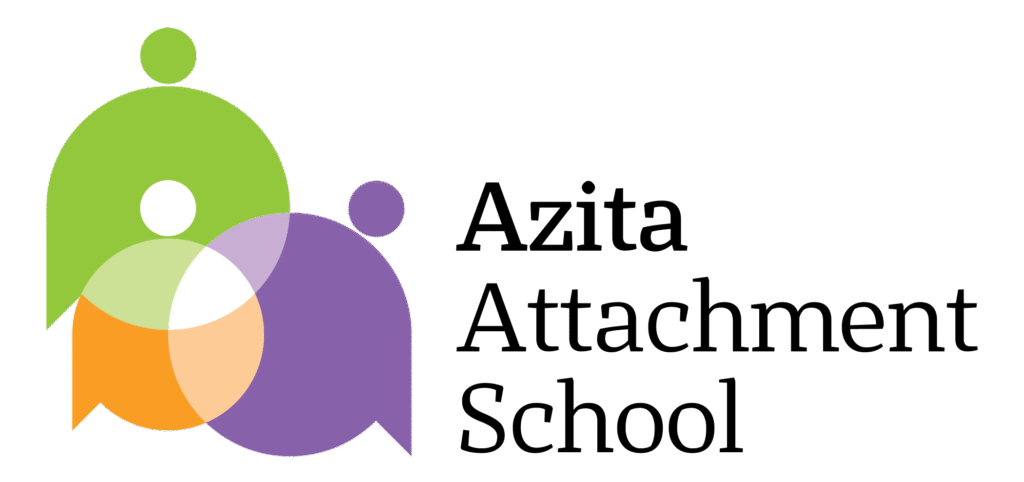This article outlines 7 specific and practical behaviors early childhood educators can adopt to help children feel emotionally safe, seen, and supported in learning environments.
Introduction
Psychological safety is the foundation for a child’s emotional, cognitive, and social development. When children feel emotionally secure, they can learn, relate, and grow with confidence. In early education settings, teachers play a vital role in creating this sense of safety—not just through love or structure, but through intentional, repeated, and emotionally attuned behaviors.
Section 1: What Does Psychological Safety Mean for a Child?
For a child, feeling psychologically safe means:
- I am seen
- My emotions are accepted
- Help is available when I need it
- My environment is predictable
- Mistakes don’t threaten my connection with adults
Section 2: 7 Key Behaviors of Attachment-Promoting Educators
1. Warm and Present Eye Contact
A calm, steady, and kind gaze communicates: “You matter.” Avoid quick, distracted, or judgmental looks.
2. Naming the Child’s Emotions
Helping the child make sense of feelings:
“It looks like you’re feeling sad because someone took your toy.”
3. Behavioral Consistency and Predictability
Children feel safe when they know what to expect from their teacher. Emotional inconsistency—being patient one day and irritable the next—undermines trust.
4. Nonjudgmental Response to Mistakes
Instead of “You messed up again!” say:
“It’s okay. Let’s figure it out together.”
5. Emotional and Physical Availability
A secure teacher approaches calmly, sits close when needed, offers a comforting touch or tone, and truly listens.
6. Support During Peer Conflicts
Timely, neutral intervention and teaching problem-solving skills give children a sense of fairness and protection.
7. Unconditional Positive Regard
Positive attention shouldn’t depend on “good” behavior. Saying “I enjoy being with you” should be genuine and not performance-based.
Section 3: Why These Behaviors Matter
🔹 Reduces aggression, anxiety, and social withdrawal
🔹 Encourages positive relationships with peers and adults
🔹 Boosts attention, learning, and problem-solving
🔹 Supports the development of the social brain through safe relationships
Conclusion
Psychological safety is a gift educators can offer children every day—through their tone, presence, and reaction. With these 7 simple yet powerful behaviors, every teacher can become a part of a child’s secure nervous system.
Suggested Reading:
“The Role of School Counselors in Identifying Insecurely Attached Children”


